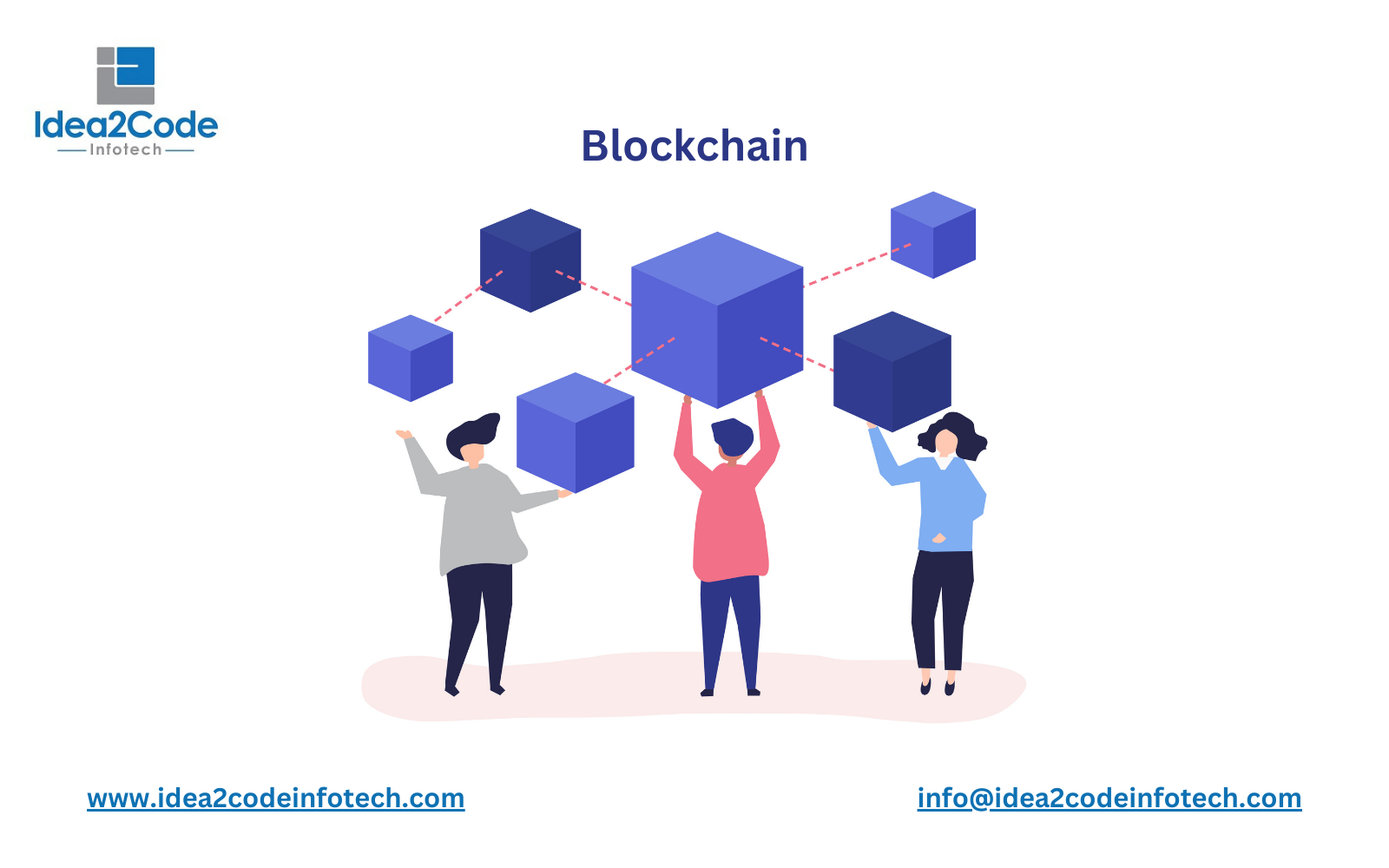
Blockchain is one of the most revolutionary technologies of our time, and it's changing the way we do business, manage data, and interact with each other. In this blog post, we'll explore what blockchain is, how it works, and some of its potential applications.
What is Blockchain?
Blockchain is a decentralized ledger technology that allows for secure, transparent, and tamper-proof transactions. In a traditional transaction, there is a middleman, such as a bank, that verifies and records the transaction. With blockchain, however, transactions are verified and recorded by a distributed network of computers, making it more secure and transparent.
How Does Blockchain Work?
Blockchain works by creating a digital ledger that records every transaction made on the network. Each block on the chain contains a unique cryptographic code that links it to the previous block, creating a chain of blocks that cannot be tampered with. To add a new block to the chain, it must be verified by a network of computers, making it nearly impossible to hack or manipulate.
Potential Applications of Blockchain
Blockchain has the potential to transform many industries, from finance to healthcare to supply chain management. Here are just a few examples of how blockchain is being used today:
Finance: Blockchain is being used to create secure, decentralized cryptocurrencies like Bitcoin and Ethereum, allowing for peer-to-peer transactions without the need for a middleman.
Healthcare: Blockchain is being used to securely store and manage patient data, making it more accessible to healthcare providers while also protecting patient privacy.
Supply Chain Management: Blockchain is being used to track products as they move through the supply chain, ensuring transparency and accountability while also reducing waste and fraud.
Challenges and Concerns
While the potential benefits of blockchain are significant, there are also some challenges and concerns associated with the technology. One concern is the energy consumption associated with the verification process, as it requires a significant amount of computing power. There are also concerns around the regulatory landscape, as governments and financial institutions struggle to adapt to this new technology.
Conclusion
Blockchain is a rapidly evolving technology that has the potential to transform many aspects of our lives. As the technology continues to develop, it will be important to address the challenges and concerns associated with blockchain and ensure that it is used in a responsible and ethical way. Whether you are a tech enthusiast or simply interested in the latest trends, blockchain is a topic that is worth watching closely in the years to come.